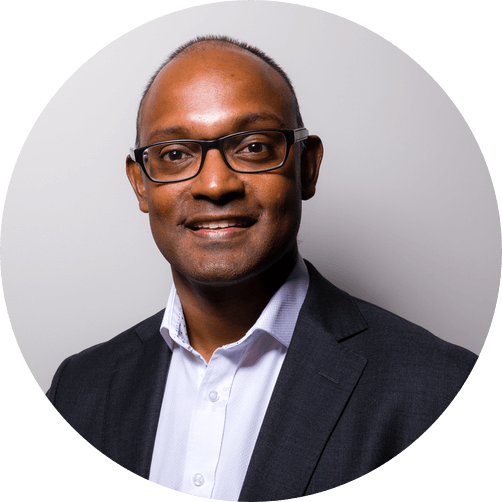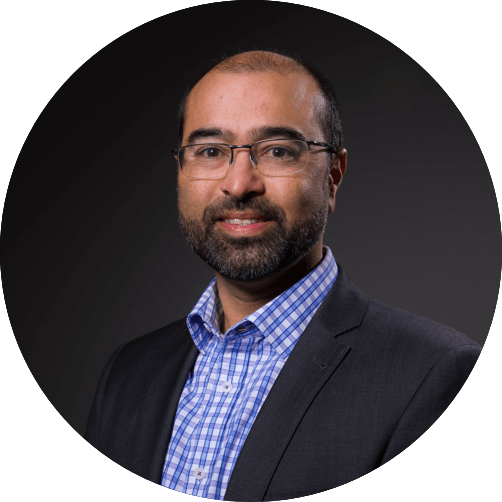Gastric Sleeve Before The Surgery
Before gastric sleeve surgery, you will need to find out if you are a suitable candidate. You will also need to know what steps you must take for a successful outcome, including adopting a specific diet after weight loss surgery. Our experienced bariatric surgeons at Upper GI West will guide you through the processes before surgery.
One of our experienced surgeons will answer truthfully and to the best of their ability any questions you may have about obesity in general and your surgical options.
What to expect before my gastric sleeve surgery?
Gastric Sleeve
Before The Surgery
What happens before you have your surgery?
At Upper GI West we have adopted what we believe is a best practice approach. All our patients undergo a thorough Bariatric Assessment.
The aim of the assessment is to try and pick up any indicators that may need additional support, any medical or psychological issues that may need addressing before or during your bariatric weight loss pathway.
The aim is not to hinder but rather to optimise you for surgery or help you with other means to address your weight and medical conditions should we deem you not suitable for surgery or indeed if you have made an informed decision not to proceed along the surgical route. We will aim to correct the correctables, fully inform you of your choices, support you whichever direction you take and to perform your surgery as skillfully and safely as possible.
Our comprehensive assessment usually involves:
- Surgeon consultation
- Blood tests
- Bariatric Physician consultation
- Dietitian consultation
- Gastroscopy
- Follow up with Surgeon to correlate data, discuss options and consent
- Sometimes additional tests and consultations may be required
Blood tests require overnight fasting and should be done before seeing the Bariatric Physician, Dietitian and Gastroscopy.
The Bariatric Physician is a qualified General Practitioner who has developed a special interest in managing Bariatric patients. They will assess your general health, any medical conditions and conduct a psychological assessment. Results of blood tests are reviewed and other specific investigations and referrals to specialists may be arranged as required to ensure the anaesthetic and surgery can be performed safely eg heart tests, sleep studies.
The Dietician will discuss preparing for surgery and the changes required after including the liquid, pureed and soft dietary phases and the required vitamin and mineral supplementation. They will help you improve your food choices, slow the speed of eating, select smaller portions and avoid common problems after surgery including dehydration, constipation and low energy levels.
Your Surgeon will perform a Gastroscopy and examine the stomach to look for a hiatus hernia, signs of reflux, ulcers and/or inflammation which may require initial treatment and/or may change the way an operation needs to be performed. Biopsies will be taken for Helicobacter pylori (a bacteria that is known to cause stomach ulcers, inflammation and even cancer). It can be treated with a combination of antibiotics and acid lowering medication. A Colonoscopy can be done at the same time if you are due for a check up for polyps or have low iron levels. An Iron Transfusion can also be given if required whilst you are recovering in the Endoscopy unit.
At the second consultation with your Bariatric Surgeon and unless a specific contraindication has been found during your assessments and tests, you will be asked to give formal consent to the weight loss procedure. Your bariatric surgeon will also answer any further queries or concerns you may have and advise you on what you need to do in preparation for surgery.
"One of our experienced surgeons will answer any questions you may have about the mechanisms and theories about obesity and how surgery works. If you decide to have surgery, we’ll organise blood tests. We will usually also book you in for an endoscopic examination and a dietary review as well as a medical review. The aim of these tests and reviews is to optimise you for potential surgery and to correct any correctibles. At the end of the day the surgery should be as safe as it can be.
The time for a surprise is during an endoscopy or during your assessments and not half way through an operation! If there is no contraindication to surgery we’ll organise another appointment with your bariatric surgeon and book your surgical date."
Can I have surgery if I am a smoker?
If you are a smoker, you will need to have completely stopped for at least three months before any surgery can be performed.
Smoking causes significant health issues and poses major risks for surgery. It reduces your blood's oxygen carrying capacity by at least 30%. There is a significantly increased respiratory complication rate in smokers. Smoking also causes inflammation in the small vessels of the stomach which affects healing and scar tissue formation. It takes 3 months for this inflammation in the stomach to settle down to near normal levels.
"There are now lots of methods to help support smoking cessation. We recommend you speak with your usual GP, Pharmacist or call the Quitline on 131 848 to discuss your options."
What if I have diabetes?
Bariatric and metabolic surgery is the most effective therapy for type 2 diabetes. However poorly controlled diabetes impairs your blood vessels, kidney function, immune system and capacity for healing which all increase the risks of surgery.
If you have diabetes your HbA1C (blood test showing the average glucose level over three months) should be below 8 for surgery to proceed. At levels above this, leaks and other complications significantly increase and the ability to heal complications significantly drops. A HbA1C test will be requested as part of your routine assessment bloodwork. Getting some individuals under a level of 8 may require short term increase in their medication which may be guided by your own GP, our bariatric physician or a specialist Endocrinologist depending on individual circumstances.
"If you take taking tablets or injections for your diabetes you will need to be given specific instructions for these medications by your Surgeon and /or Anaesthetist when fasting for your Gastroscopy and Gastric Sleeve procedures. "
Do I have to go on the Optifast diet before Surgery?
Optifast is a very low calorie diet (VLCD) that comes in a variety of forms (shakes, bars, soups, desserts) and flavours. It contains all the essential nutritional requirements to completely replace other food but with far less calories.
It is highly effective in decreasing the size of an enlarged fatty liver that can prevent your surgeon accessing the stomach to successfully perform your procedure. A massively enlarged fatty liver increases the risks with surgery and in some cases the surgery may be abandoned if the upper stomach can not be safely accessed.
Your surgeon and dietician will advise if optifast is required based on your weight, fat distribution, comorbidities (metabolic syndrome) and blood tests.
There is a lot of variety now and Optifast is not just liquid meal replacements. You are also allowed to have one small meat protein serve a day in addition to green salad and vegetables. Carbohydates including starchy vegetables must be avoided. Our Dietitians will discuss the pre-op Optifast program in detail and give you clear instructions.
There are also other alternative high protein, low calorie products if you are unable to take Optifast.
What if I have Sleep Apnoea?
Sleep apnoea is a potentially serious sleep disorder in which breathing repeatedly stops and starts. If you snore loudly and feel tired even after a full night's sleep, you might have sleep apnoea. There may be short episodes in which you stop breathing during sleep which may be noticed by your partner.
Sleep apnoea can cause daytime fatigue, drowsiness and difficulty concentrating. People with sleep apnoea have a higher risk of motor vehicle and work accidents.
If you are not already diagnosed and treated, our Bariatric Physician may refer you for Sleep Studies to assess if you have Sleep Apnoea and determine the severity. Further heart tests may be required too.
It may be recommended that you see a Respiratory Physician/Sleep Specialist for further management including CPAP therapy before your surgery.
Obesity is a strong risk factor for sleep apnoea. The good news is that sleep apnoea often improves or resolves with significant weight loss.
"Sleep apnoea increases the risks after an anaesthetic. If you normally use a CPAP machine at home, you should bring this to the hospital with you."
Key Points
How soon can I get my surgery?
From the point of initial consultation with your bariatric surgeon to surgery usually takes four to six weeks as a minimum. The reasons for this time is to allow the medical, psychological, dietetic and endoscopic evaluation to occur as well as the performance and reporting of blood investigations. Additionally this allows you to fully contemplate the information and advice given to you by our team.
You should also plan for your future success by putting measures in place to eat and drink healthily and help avoid situations where you may be tempted to fall back into old habits. Also find which protein products and vitamins you find easily tolerable. You need to be satisfied that you have reached a metaphoric fork in the road in your life. “If you decide to go left and undergo a sleeve gastrectomy then you will never be able to go to the right ever again. If you are not sure then you should stay to the right for the time being and until you are ready to go left”.
Although we prefer this time frame for you to assimilate the information and prepare for surgery we will occasionally reduce the time frame at your request and if we are happy that you are fully prepared and informed regarding your chosen path. We will also contemplate shortening this time frame for special circumstances such as job commitments, FIFO or country patients etc. Our staff can often co-ordinate the initial visits and investigations during the same week.



